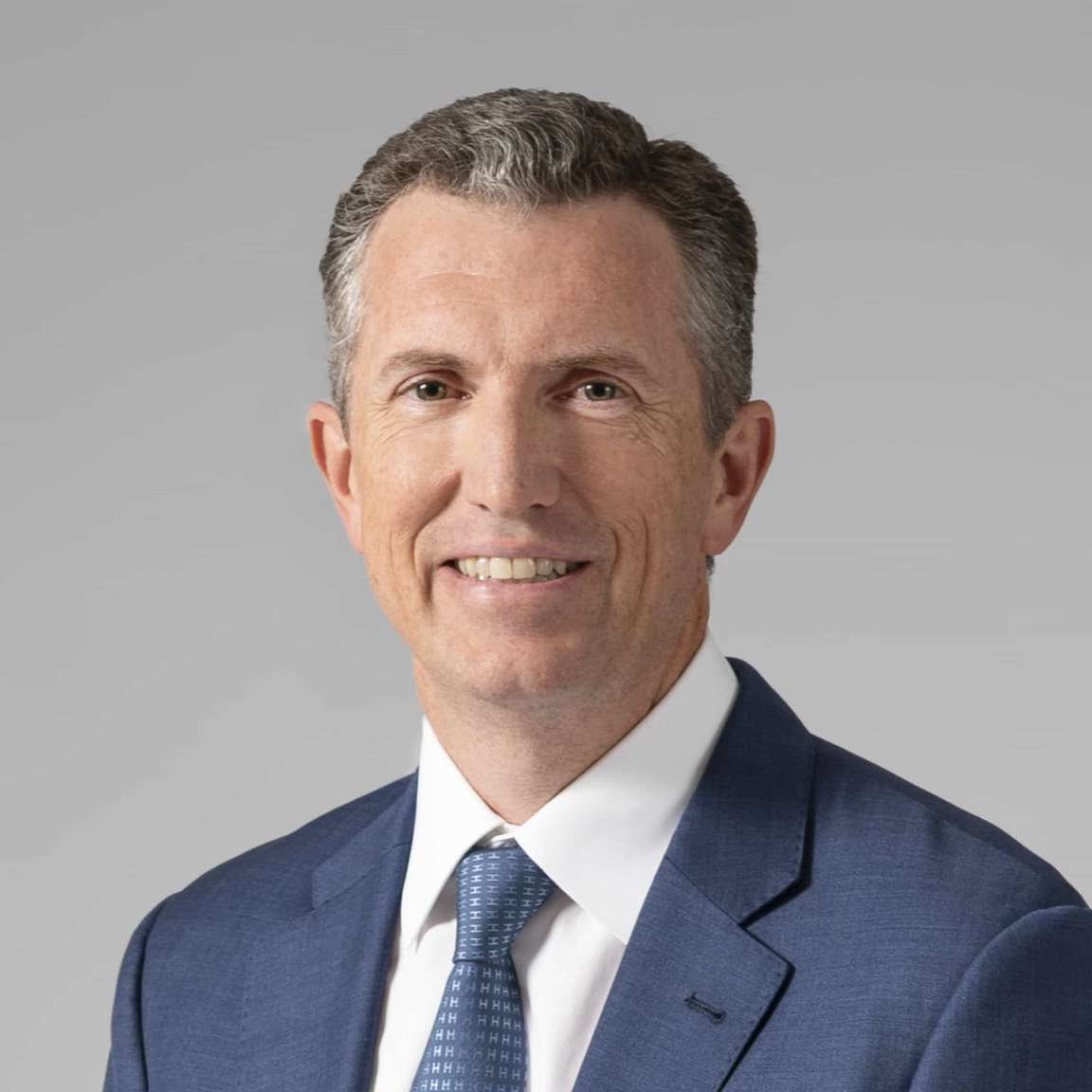The investment landscape has been much more difficult for most sustainable portfolios since the fourth quarter of last year.
One thing that we know is that the sustainability challenges that these stocks are connected to haven’t gone away. We don’t have any less of a health crisis. We don’t have any less of a climate crisis. We don’t really have any less of a social crisis. If anything, the economic challenges that we face are even deepening. So the opportunities for these companies to provide solutions aren’t less than they were; they’re, if anything, greater than they were. So the opportunities are still there for sustainable investing.
But in periods of heightened risk aversion, which we’re clearly going through, a lot of investors shorten their time horizon and a lot of sustainable opportunities, as we know, are longer term.
So our job is to look at longer-term opportunities. That’s where we can be different than the consensus with our research. That’s where the inefficiencies in the market live. None of the sustainability opportunities have changed in the last nine months. They’re all still there.
We can look at temperatures around the world; we can see very clearly that we still have an ongoing climate crisis. The opportunities aren’t different. We have 134 countries that represent 90% of global GDP that have committed to getting us towards net zero by 2050. Those opportunities are still there.
There’s an obvious energy crisis that the war in Ukraine has exacerbated. But one of the outcomes of that is that Europe is committed to decarbonize a decade sooner than they would’ve otherwise. So the climate opportunity isn’t smaller. It’s larger.
Similarly, our health theme is just as vibrant as it ever was. That includes things like medical innovation and drug discovery, lab testing, which are still desperately needed because the COVID crisis hasn’t gone away. It also includes food security and clean water provision. And again, we’ve seen how around the world, partly because of rising temperatures, partly because of global conflict, the food crisis is only getting bigger.
We invest in high-quality businesses, and one of the characteristics of high-quality businesses is fundamental business resilience. When times are tough, they’re more stable; their earnings tend to hold up better than the broader market, and that’s exactly what we’re seeing. Investors in sustainable, high-quality companies haven’t been paid for that this year, but we think they will.




